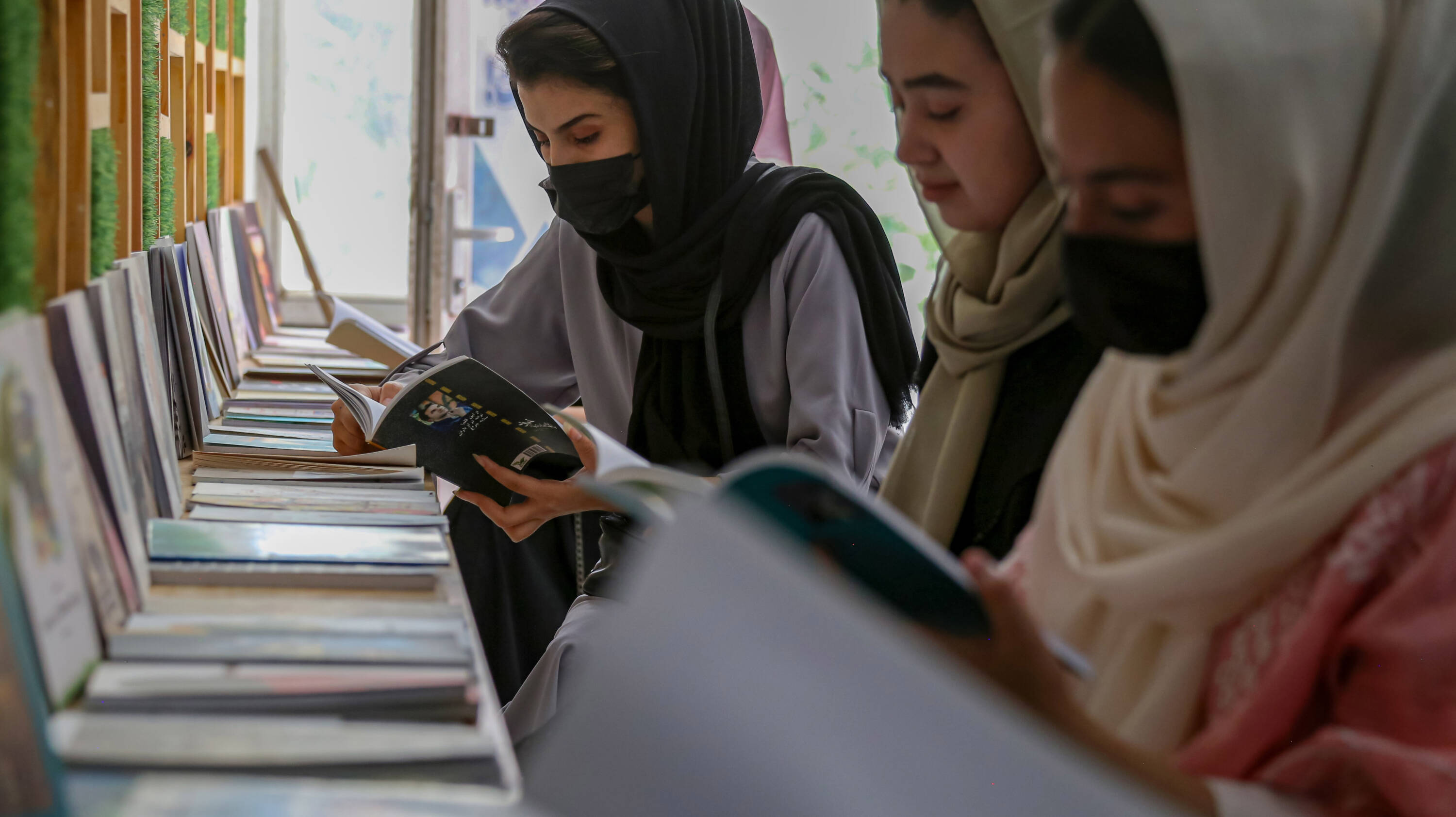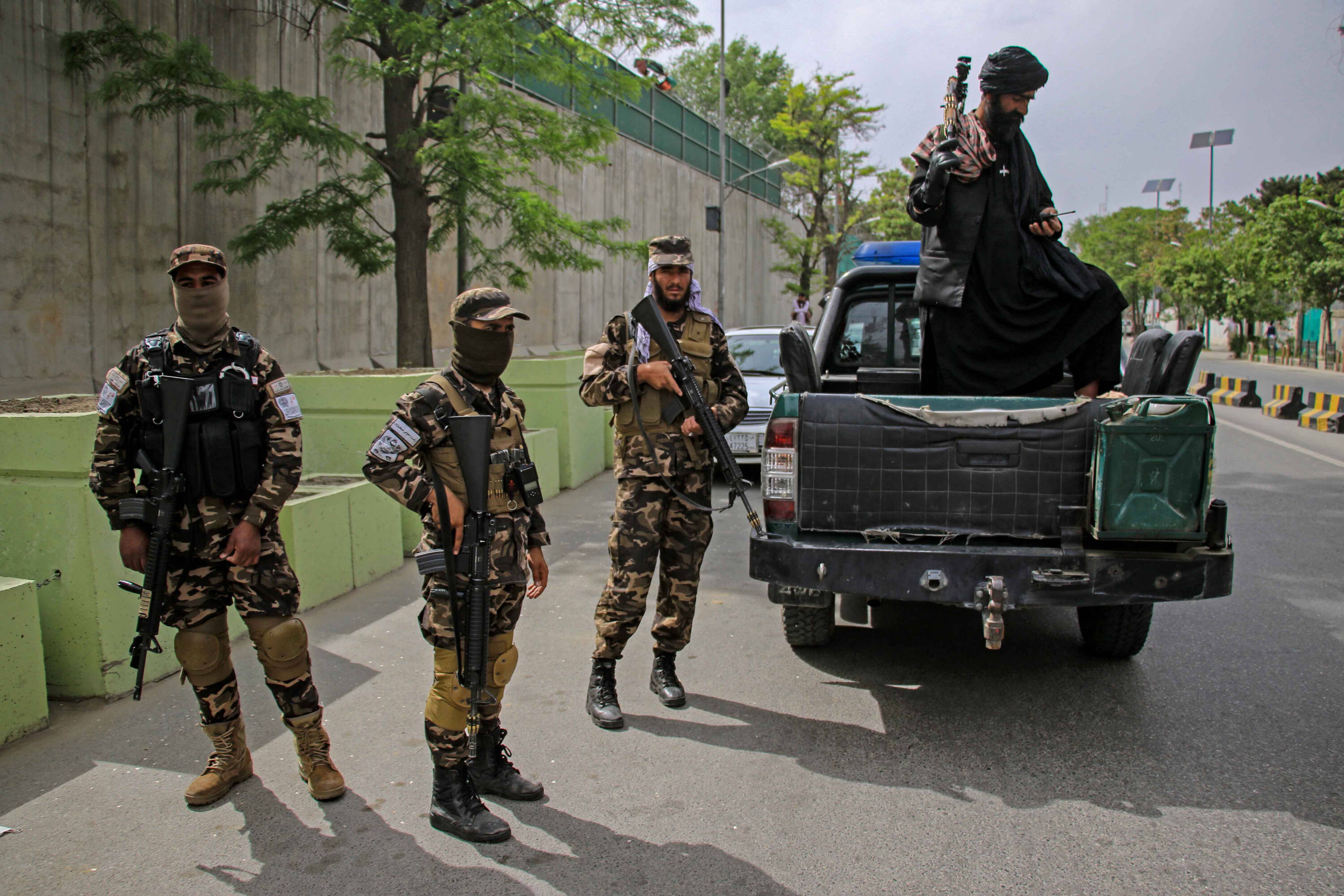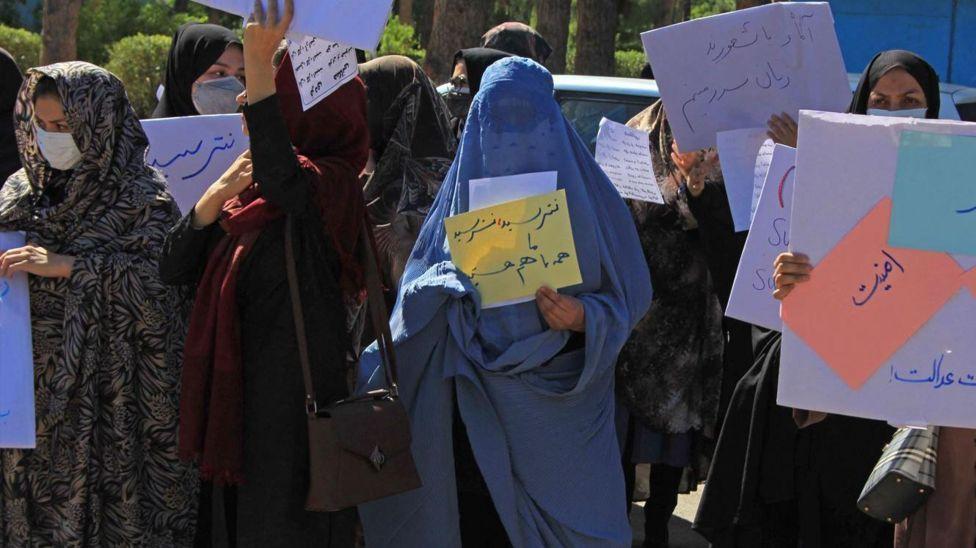Are the Taliban banning chess in Afghanistan? Here's a list of prohibited activities in the Arab country.

The Taliban government in Afghanistan has added chess to its list of prohibited activities, considering it, until further notice, a game used for gambling, which violates morality laws.
Chess "is considered a means of gambling," which is prohibited by the Propagation of Virtue and Prevention of Vice (PVPV) law passed last year, explained Atal Mashwani, a spokesperson for the Sports Authority.
Since these are "religious issues," "chess will be suspended in Afghanistan until these issues are addressed," Mashwani added, without specifying the penalty for the violation.

Book exhibition in Afghanistan before the Taliban came to power. Photo: EFE
Azizullah Gulzada, 46, the owner of a Kabul cafe where customers play the game, said he will enforce the ban, but he is not convinced by religious arguments.
"Many Muslim countries have world-class gamblers," he explained. "Before, many young people came here every day, without money to gamble," he added.
Since returning to power in 2021, the Taliban authorities have gradually imposed their ultra-rigorous vision of Islam, banning certain activities and sports.
In 2024, MMA (mixed martial arts) competitions were banned because the government deemed them too "violent", while cricket is still widely practiced, but only among men.
There is also an extensive list of prohibitions on activities that women can perform.

Taliban in Afghanistan. Photo: EFE/EPA/STRINGER
- Men's clothing must cover their body from the navel to the knees when they are outside their homes, as these parts of the body are considered awrah.
- Men are not allowed to comb their hair in a way that goes against Sharia law.
- Men's beards must be fist-length . In some provinces, beards cannot be shaved or trimmed, claiming this edict is in line with Sharia law.
- The morality law also prohibits men from wearing ties.
- A woman's voice is considered awrah and should not be heard in public. The Arabic word awrah refers to the parts of the body of both men and women that must be covered, which should not be visible in public.
- Women are not allowed to sing or read aloud, even inside their homes.
- Clothing for women should hide their bodies and faces from men to whom they are not married or related by blood.
- Women in Afghanistan are not allowed to leave their homes unless accompanied by a mahram, a closely related man such as a father, brother, or husband.
- Women are prohibited from practicing any sport.
- Higher education is prohibited for women.
- Only a limited number of female doctors and nurses are allowed to work in certain Kabul hospitals to care for women and girls, and only if they cannot be replaced by men.
- Men are forbidden to look at women's bodies and faces, and the same applies to adult women regarding men's bodies.
- Music is prohibited in public spaces , as is television, concerts, restaurants, and even car radios.
- Creating, preserving, or publishing images of living beings is prohibited, and this ranges from drawing a bird to carrying a photo of a family member.
- Now, playing chess is prohibited for both men and women.
To fulfill these obligations, the Taliban government has created morality police squads, which have the power to reprimand, arrest, and punish citizens who engage in activities deemed "un-Islamic," including wearing "Western" hairstyles and listening to prohibited music.

Afghan women protesting in Herat in September 2021. Photo: Getty Images
Several reports from the United Nations and NGOs such as Amnesty International denounce that by applying a strict interpretation of Islamic law, the Taliban government represses the personal freedoms of women and girls, while also suppressing a free press and civil society.
There is a "climate of fear and intimidation" due to the Ministry's invasion of Afghans' privacy, ambiguity about its legal powers, and the "disproportionality of punishments," a UN report says.
eltiempo





